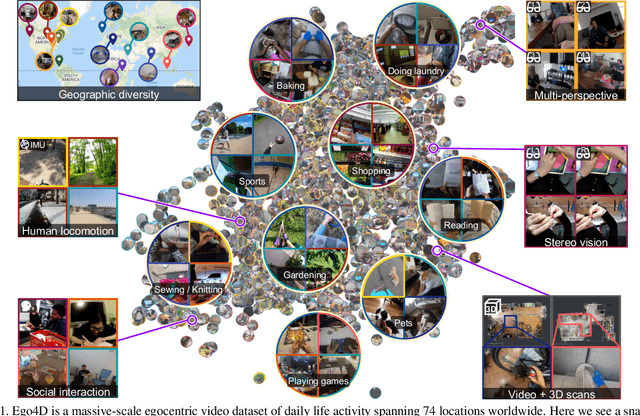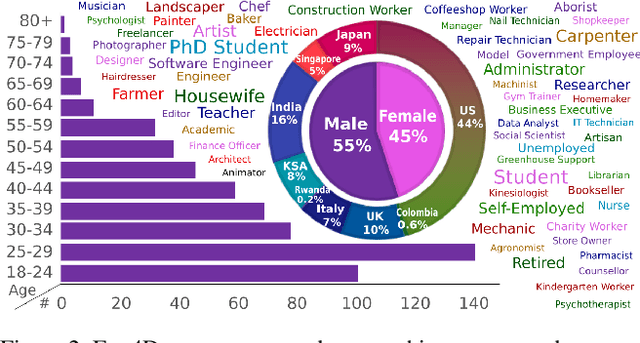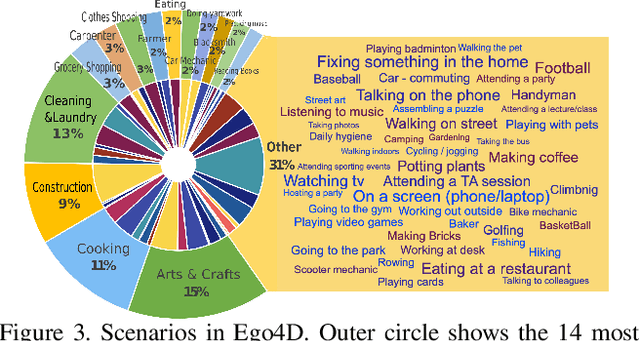Jachym Kolar
Non-Monotonic Attention-based Read/Write Policy Learning for Simultaneous Translation
Mar 28, 2025Abstract:Simultaneous or streaming machine translation generates translation while reading the input stream. These systems face a quality/latency trade-off, aiming to achieve high translation quality similar to non-streaming models with minimal latency. We propose an approach that efficiently manages this trade-off. By enhancing a pretrained non-streaming model, which was trained with a seq2seq mechanism and represents the upper bound in quality, we convert it into a streaming model by utilizing the alignment between source and target tokens. This alignment is used to learn a read/write decision boundary for reliable translation generation with minimal input. During training, the model learns the decision boundary through a read/write policy module, employing supervised learning on the alignment points (pseudo labels). The read/write policy module, a small binary classification unit, can control the quality/latency trade-off during inference. Experimental results show that our model outperforms several strong baselines and narrows the gap with the non-streaming baseline model.
Ego4D: Around the World in 3,000 Hours of Egocentric Video
Oct 13, 2021



Abstract:We introduce Ego4D, a massive-scale egocentric video dataset and benchmark suite. It offers 3,025 hours of daily-life activity video spanning hundreds of scenarios (household, outdoor, workplace, leisure, etc.) captured by 855 unique camera wearers from 74 worldwide locations and 9 different countries. The approach to collection is designed to uphold rigorous privacy and ethics standards with consenting participants and robust de-identification procedures where relevant. Ego4D dramatically expands the volume of diverse egocentric video footage publicly available to the research community. Portions of the video are accompanied by audio, 3D meshes of the environment, eye gaze, stereo, and/or synchronized videos from multiple egocentric cameras at the same event. Furthermore, we present a host of new benchmark challenges centered around understanding the first-person visual experience in the past (querying an episodic memory), present (analyzing hand-object manipulation, audio-visual conversation, and social interactions), and future (forecasting activities). By publicly sharing this massive annotated dataset and benchmark suite, we aim to push the frontier of first-person perception. Project page: https://ego4d-data.org/
 Add to Chrome
Add to Chrome Add to Firefox
Add to Firefox Add to Edge
Add to Edge